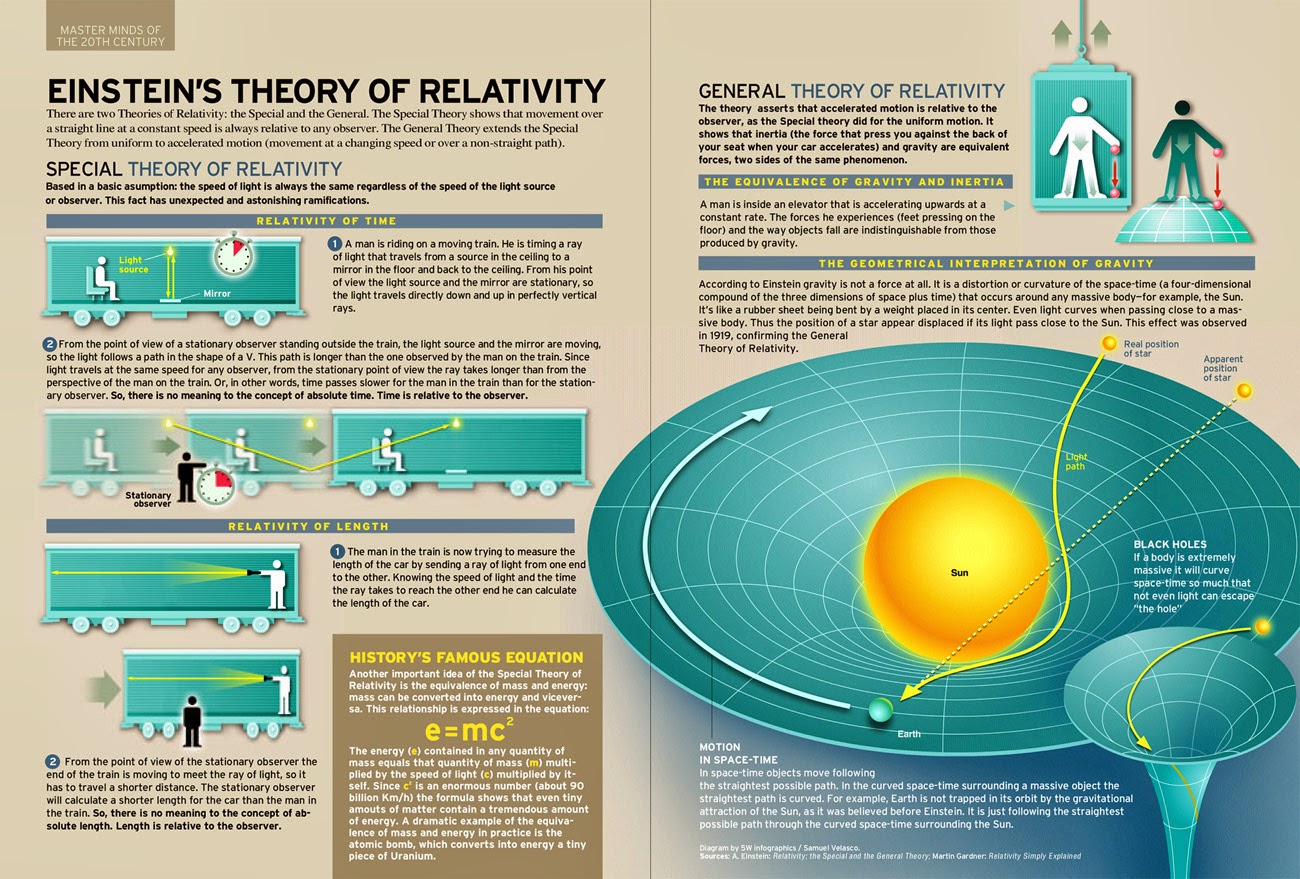

Lorentz is also famed for his work on the FitzGerald-Lorentz contraction, which is a contraction in the length of an object at relativistic speeds. He developed his mathematical theory of the electron for which he received the Nobel Prize in 1902. However, he retained an honorary position at Leiden, where he continued to lecture.īefore the existence of electrons was proved, Lorentz proposed that light waves were due to oscillations of an electric charge in the atom. After retiring, Lorentz was appointed director of research at the Teyler Institute, Haarlem.

He remained in this post until he retired in 1912. He was appointed professor of mathematical physics at Leiden University in 1878. Lorentz refined Maxwell's electromagnetic theory in his doctoral thesis "The theory of the reflection and refraction of light," presented in 1875.

He worked for his doctorate while holding the teaching position. He entered the University of Leiden in 1870 but, in 1872, he returned to Arnhem to take up teaching evening classes. Hendrik Antoon Lorentz was born in 1853 in Arnhem, the Netherlands.


 0 kommentar(er)
0 kommentar(er)
